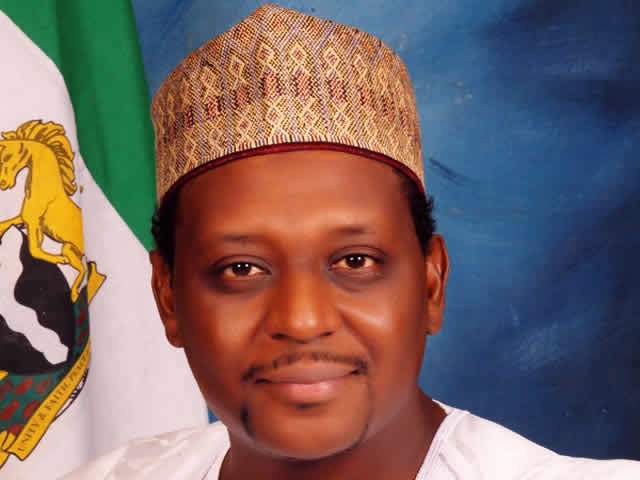Nigeria’s Quest for Universal Health Coverage: Minister Highlight’s Challenges and Solutions
As part of its efforts to achieve Universal Health Coverage (UHC), Nigeria’s Ministry of Health and Social Welfare has identified numerous challenges in the country’s healthcare system, from affordability issues to inadequate funding. On Friday, the Coordinating Minister of Health and Social Welfare, Prof. Muhammad Pate, highlighted these concerns at the fifth legislative summit on health in Abuja.
According to Pate, a comprehensive survey of 2,500 Nigerians revealed that many people rely on public facilities or do not seek medical care at all due to affordability issues. The minister also noted that the quality of care in many facilities is lacking, and that traditional health issues like maternal and child health, as well as infectious diseases, persist.
Pate identified several challenges in the health sector, including inadequate funding, fragmentation, and a lack of resources and manpower. He stated that public health spending is approximately $13-14 per person, with total health spending at $85, mostly out-of-pocket. This is insufficient, he said, compared to countries like Ethiopia and Bangladesh, which achieve better health outcomes with similar or lesser spending.
In response to these challenges, the Health Sector Renewal Investment Initiative was developed and unveiled in December 2023. The initiative is built on governance, improving population health outcomes, retaining healthcare workers, unlocking the healthcare value chain, and health security. Pate emphasized that this is a collective effort, involving state and local governments, the private sector, and civil society, to ensure coherence and collaboration across all levels.
The minister highlighted the importance of health in unifying the nation, saying that investing in healthcare will yield significant dividends for Nigeria’s well-being and security. He called for increased political and financial support for health, emphasizing the importance of working together to improve the health of Nigerians and enhance national security.
Other officials, including the Chairman of the Senate Committee on Health, Dr. Ipalibo Banigo, and the World Health Organisation’s representative in Nigeria, Dr. Walter Mulombo, also spoke at the event. They emphasized the need for urgent measures to address gaps in the healthcare delivery system, adequate funding, and sustainable partnerships to enhance transparency for UHC.
The Director of Projects at the Development Research and Projects Centre, Dr. Stanley Ukpai, advocated for increased investment in the country’s health sector, highlighting the importance of collaboration between Civil Society Organisations and legislative engagement in enhancing healthcare delivery.
As Nigeria continues to strive for UHC, these concerns and solutions illustrate the complexities and challenges facing the country’s healthcare system. With increased investment and coordination, however, there is hope for a better healthcare future for all Nigerians.
